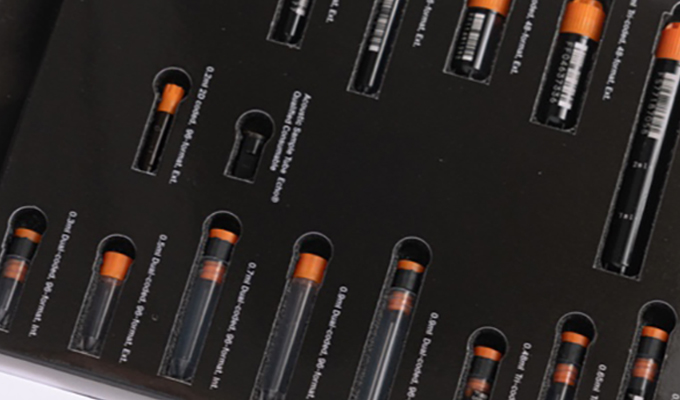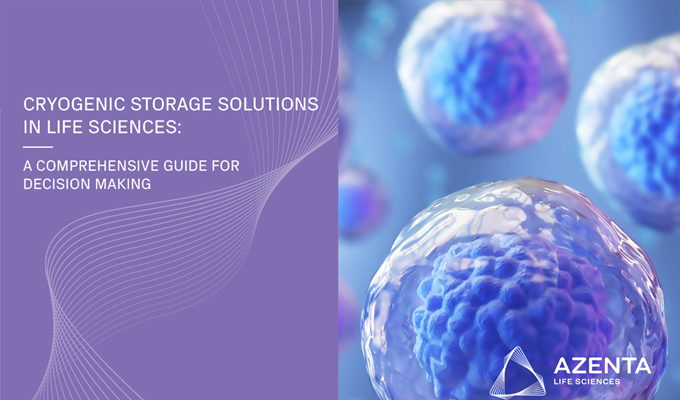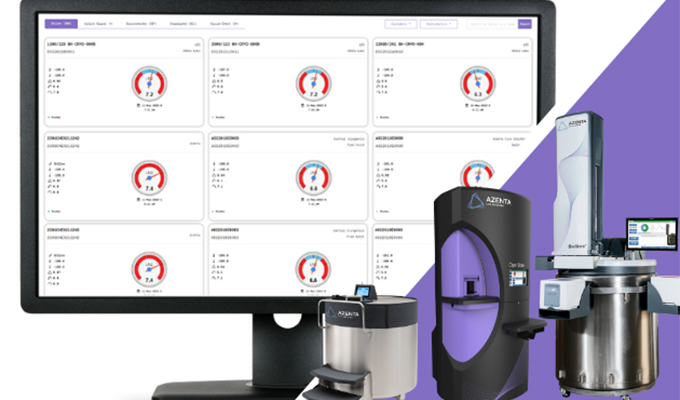CAR T-cell therapy is giving patients hope for the future
In 2010, Emily Whitehead was diagnosed with lymphoblastic leukemia. Just five-years old, she received chemotherapy—the best available treatment at the time. When her cancer returned in 2011, Emily became the first child in the world to receive an experimental CAR T-cell therapy. This innovative approach activated her immune cells to fight cancer. Twenty-three days later, the cancer was undetectable. Today, more than nine years later, Emily remains cancer-free.
Emily’s parents—Tom and Kari—wanted to personally thank the researchers responsible for her treatment. “When Emily was getting better, we toured the lab where Emily’s T-cells were transformed into cancer killers. Now, it’s a decade later, and that basement lab has grown to occupy several floors,” says Tom. “We like to visit and show the folks working behind the scenes what their work means to families like ours and how thankful we are. Our healthy family is a result of all their hard work.”
In appreciation and with gratitude, Tom and Kari created the Emily Whitehead Foundation to find cures for pediatric cancers and help other children access potentially life-saving treatment. Kari maintains a database to connect families with clinical trials. Tom raises funds and answers calls from parents who are seeking a way forward for their young sons and daughters.
“When we needed it the most, we found hope, and that’s what we’re trying to give other people now,” says Tom.
The foundation recently created a $50,000 grant to help start a new CAR T-cell therapy trial at the Children’s Hospital of Philadelphia. The grant was made in honor of Nicole Gularte, another patient diagnosed with lymphoblastic leukemia and treated with CAR T-cell therapy. While in remission, Nicole advocated on behalf of families facing pediatric cancer. Sadly, Nicole’s cancer returned in 2018, and she passed away in 2020. Nicole was proud to know that her participation in clinical trials would help others in the future, and her fighting spirit lives on through the research she championed.

Reducing side effects for children with cancer
The Emily Whitehead Foundation is committed to raising funds for immunotherapy research because standard treatments, such as chemotherapy or radiation, come with harsh side effects. Children must live with these side effects for much longer than adults.
“What Emily pioneered in the beginning was part of a whole revolution to create new and less toxic treatments. We know how close we were to losing Emily, so we try to do something every day to make a difference,” says Tom.
Recent advances in technology are accelerating the development of cell and gene therapies. It’s an exciting time as the potential for cures has never been greater. Grassroots organizations like the Emily Whitehead Foundation are having a profound impact on the lives of patients and their families.
On the industry side, life sciences companies are working to support a wide range of research and production capabilities. Azenta Life Sciences is focused on scaling up cell and gene therapies through advanced genomics and cold chain distribution models that facilitate working with delicate mission-critical materials.
“We’re looking forward to the day when T-cell therapy is an outpatient treatment, and based on current clinical trials, I believe that’s less than 10 years away,” says Tom.
With access to next-generation life sciences technology and services, researchers are bringing breakthroughs to patients on an accelerated timeline and transcending expectations.
Azenta Life Sciences provides a comprehensive range of solutions across every phase of CGT development. Learn how we can support the rigor of your program all the way from target discovery through scale-out.






